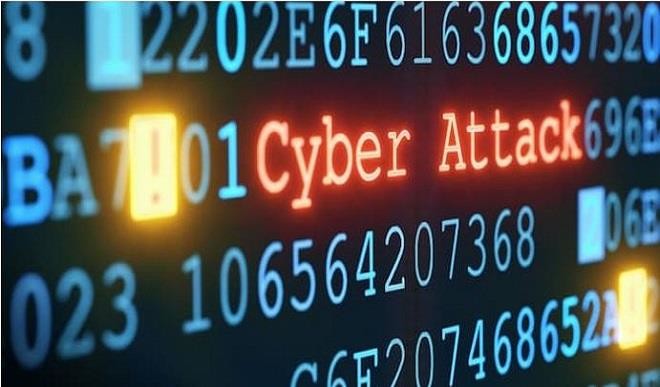Governments, businesses worldwide brace for new ransomware attacks
Governments and businesses across the world braced for new ransomware attacks on Monday after cyber security experts warned that malware could be activated as computers are turned on following the weekend. Britain’s National Health Service (NHS), which reported some of the first infections on Friday, said most of its affected organizations were working normally and […]


Governments and businesses across the world braced for new ransomware attacks on Monday after cyber security experts warned that malware could be activated as computers are turned on following the weekend.
Britain’s National Health Service (NHS), which reported some of the first infections on Friday, said most of its affected organizations were working normally and played down the possibility of another large-scale wave of attacks this week.
"We are not aware that further waves are planned and the intelligence in place has not alerted us to this issue," the NHS said in a statement.
Britain’s National Crime Agency (NCA) also said it had seen no evidence of a "second spike in WannaCry ransomware attacks" by midday, but warned that another attack could still happen.
A young British cyber security expert who thwarted many attacks was hailed as a hero after he triggered a "kill switch" by buying and activating a domain that the malware had been programmed to connect infected computers to.
But Rob Holmes of British-based cybersecurity firm Proofpoint told the BBC that new versions of the ransomware without the kill switch had already been detected.
The NCA urged victims of attacks not to pay any ransom, saying there was no guarantee that encrypted files would be restored.
The BBC quoted analysts as saying organizations and businesses in Britain had paid some 38,000 dollars to cyber criminals for the decryption of files since Friday.
The attacks affected 150 countries and infected at least 200,000 computers worldwide, despite international cyber security firms warning last month that they were expected.
EU law enforcement agency Europol called the scale of the global assault "unprecedented."
"The use of cyberattacks for criminal purposes is an increasing threat which requires a coordinated and global response from the EU and its member states," Margaritis Schinas, a spokesman for the European Commission, said on Monday.
"All stakeholders, public and private, need to take the responsibility seriously," Schinas said.
The Indonesian government also urged companies to update their systems on Monday after two hospitals in Jakarta were hit by the ransomware.
Cyber security firms had urged all users to update Windows software last month after hackers leaked a cyber tool stolen from the US National Security Agency.
After Friday’s attack took advantage of unpatched vulnerabilities in Microsoft’s older Windows operating systems, the US-based software giant slammed governments late Sunday for failing to prepare, saying the attack should be a "wake-up call" to them.
"This attack provides yet another example of why the stockpiling of vulnerabilities by governments is such a problem," Microsoft president Brad Smith wrote in a blog post.
"This is an emerging pattern in 2017," Smith wrote.
He urged governments to change their approach and "adhere in cyberspace to the same rules applied to weapons in the physical world."
In Israel, Prime Minister Benjamin Netanyahu said late Sunday that his country was largely unaffected by the ransomware attack after it began preparing for such events several years ago through its new National Cyberdefence Authority. (DPA)
